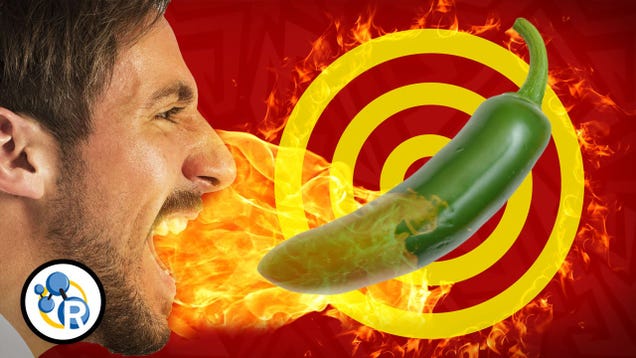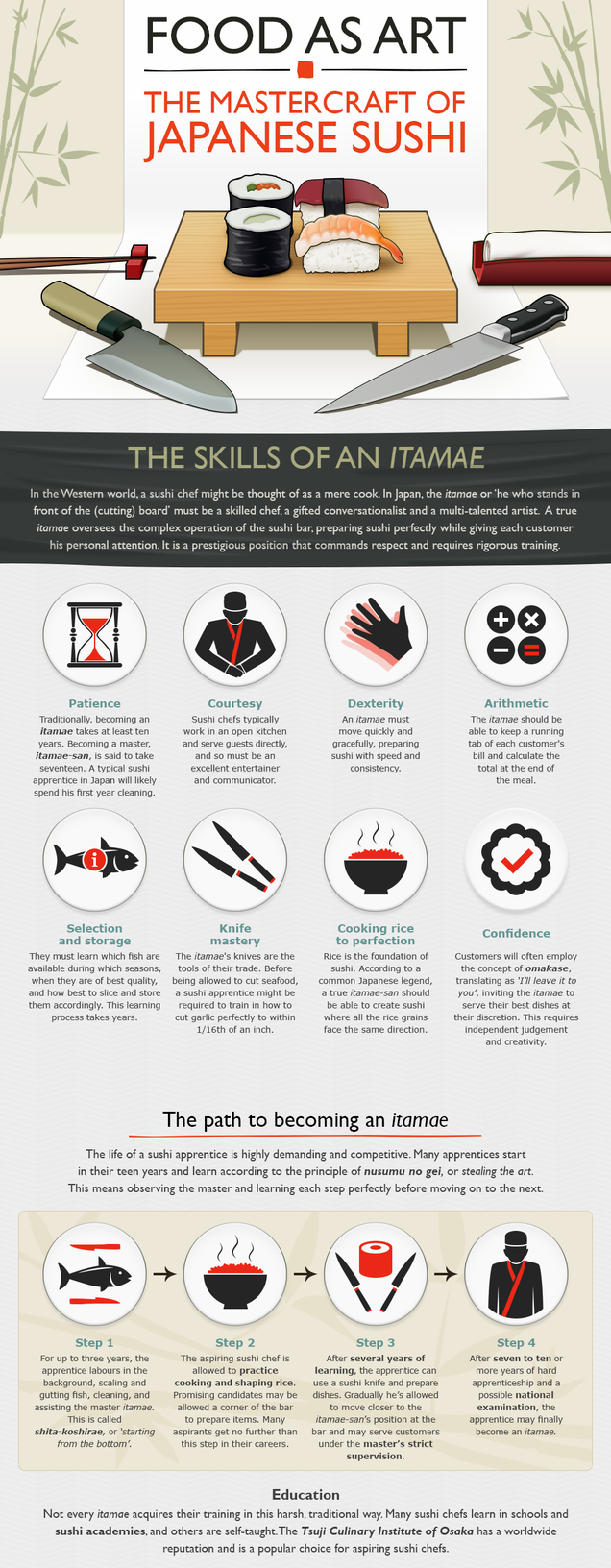Shared posts
重たい処理を裏に回してサイトの読み込みを爆速にするライブラリ「Partytown」使ってみたレビュー
Ozzy Osbourne retires from touring because of declining health

The great Prince of Darkness, Ozzy Osbourne, announced that he will no longer tour because of poor health. Osbourne, 74, was slated to go on a European tour this year but announced today that all shows are cancelled after he says he came "to the realisation that I'm not physically capable … as I know I couldn't deal with the travel required." — Read the rest
Libya’s PM and president in dispute over foreign minister’s suspension
Row deepens as Abdul Hamid Dbeibeh dismisses president’s decision to suspend Najla El-Mangoush
Libya’s chronic political instability has been exposed, with the country’s foreign minister, Najla El-Mangoush, suspended from office and banned from leaving the country by the president, only for the disciplinary action to be rejected by the prime minister.
The power struggle comes days before a major conference in Paris at which world powers hope to speed up the departure of foreign mercenaries and troops from Libya ahead of planned December presidential and parliamentary elections, which are hanging in the balance.
Continue reading...UK coronavirus live: London hospitals seeing 'continuous tsunami' of patients, says NHS leader
Rolling coverage of all the latest UK coronavirus developments
- Coronavirus - latest global updates
- Universal credit claims ‘almost impossible’ as 500,000 apply
- Men are much more likely to die from Covid-19. But why?
- UK healthcare workers: the protection they need and what they have
-
Read all our coronavirus coverage
John McDonnell, the shadow chancellor, is saying that the Treasury employment support package for the self-employed being announced by the government this afternoon must include measures that can be delivered quickly. In a statement he said:
Many self-employed people have been hit hard in the pocket by the Coronavirus crisis and have been calling for proper protection of their incomes by the government ... After days of delay and uncertainty the government must announce a package today that can be delivered quickly, giving the self-employed the same level of security as other workers.
Officials have discussed plans which will mean people’s income being assessed on the basis of a “blended” mixture of their revenues and profits over the past three years. They would then be paid a significant proportion of their usual income up to a capped amount, which some in industry have suggested should be £1,700 a month.
The scheme will be designed to ensure that wealthier people who are self-employed such as lawyers and TV presenters are not able to take advantage. There are an estimated 5m self-employed workers in the UK, but not all will have been directly affected by the outbreak. The bailout is expected to be means-tested, with discussions that those earning over £50,000 a year should not be able to benefit.
An eligibility cap is expected to be set at around the median income level - £30,353 last year - meaning it will include cleaners, childminders and cab drivers but not high earning professions like lawyers or tech programmers.
One likely option being studied last night is to use January’s tax return for the financial year 2018-19 as the new scheme’s benchmark.
That the self-employed are far less protected from temporary job loss is particularly worrying in light of the jobs they do. Figure 3 [see below] shows the share of self-employed workers in sectors that are directly affected by social distancing measures. It shows that 22% of the self-employed work in sectors that are badly hit, compared to 17% of employees (note that the total number of employees affected is still much larger). This is because the self-employed are much more likely to work in personal services (e.g. cleaning and hairdressing), arts and leisure (e.g. performing arts or fitness instruction) and passenger transport (e.g. taxi services).
In total, nearly a million (0.9 million) self-employed people work in sectors that will be mostly shut down during the crisis period. If restrictions are tightened further, the 0.8 million self-employed workers in the construction sector may also be affected (if they haven’t been already). And on top of the 0.9 million workers in badly hit sectors, a further 0.4 million self-employed workers have a young child (aged 0-9) and no key workers or non-working adults in the family, such that they may have to disrupt their work to provide childcare.
A rise in the number of domestic abuse incidents during the lockdown has already been observed, according to a Greater Manchester police leader.
Baroness Beverley Hughes, the deputy mayor for policing and crime, said there had been cases of abuse linked to the coronavirus outbreak and the force were anticipating more serious incidents.
I think we are beginning to see a rise in domestic abuse incidents. We anticipated this might happen in the very stressful circumstances for many families.
“The potential for tension to arise in the home as a result of what we are asking people to cope with, in order to suppress the virus, is going to increase and therefore we would be right to think this might display itself in an increase in the number of domestic incidents we are called to.”
Continue reading...丸山ゴンザレスだからこそ書けた世界の裏社会ルール
Tell us about your 'third place' – where you connect with your community
The closure of pubs and cuts to public services mean shared social spaces are dwindling. We want to hear where you like to go
It may be your local pub or park, your gym, or your closest cafe. A particular public bench where you go to read or think, or your neighbourhood library.
The “third place” is a public, social place where you spend time that is neither home nor work. Whether it is publicly run, like a library, or a commercial venture, it is, above all, shared – a site of community-building and interaction with others.
Continue reading...Mother and daughter found dead at house in Gloucester
Laura Mortimer, 31, and her daughter Ella, 11, are focus of double murder investigation, with one man arrested
Tributes have been paid to a mother and daughter found dead at a house in Gloucester who are now the focus of a double murder investigation.
They were named locally as Laura Mortimer, 31, and her 11-year-old daughter Ella Dalby, who were both pronounced dead at the scene. Police were called to the property on the outskirts of the city early on bank holiday Monday, responding to reports that two people had been seriously injured.
Continue reading...Coca-Cola to launch its first alcoholic drink
Soft drink company to part with tradition by launching version of ‘Chu-Hi’ alcopop in Japan
Coca-Cola is to produce the first alcoholic drink in its 132-year-history, with plans to launch an alcopop in Japan.
The world’s biggest soft drinks company said it would start making a version of “Chu-Hi” – canned sparkling flavoured drinks that include a local spirit called shochu.
Continue reading...Concrete computer keyboard

Redditor ipee9932cd couldn't find a keyboard to their liking, so they built the casing of their dreams—out of cement. The brutal board weighs in at 12 pounds (yes, heavier than an IBM Model M) and "it takes some force to move it."
Being my first concrete cast, I chose not to put any rebar and want to see what happens over time. I know nothing about concrete, just did some research and went for it so we'll see what happens. It's not moving off my desk, even if I try, and when I do move it I never hold it from one edge. I was thinking about trying basalt rebar or glass fibers for the next cast...the full gallery has 5 glorious shots of this brutal contraption, and there's an accompanying how-to gallery to show each step of the way. (Not shown is dismantling a keyboard and installing the important bits, but I guess if you're that far into custom keyboards it won't be a problem for you.) [via r/MechanicalKeyboards]

Guy builds a gadget to blast loud music back at neighbors

YouTuber Matthew Br made a gadget that senses when the rude people in the apartment next to him play loud music and blasts especially annoying music back at them through the wall. The device gives the neighbors a short grace period that stops it from triggering if the neighbors sneeze or drop something heavy, but if the loud music goes on too long, the device kicks into action and punishes them with a high decibel onslaught.
[via]
Over 2000 pages, the Akira series is a sci-fi epic

See sample pages of Akira at Wink.
At the far too early age of seven I watched Katsuhiro Otomo’s film Akira. In a time before the internet, my parents had made the mistake of thinking that since it was a cartoon it couldn’t be that bad. If you’ve seen the movie you know just how wrong my parents were. If you haven’t, what followed was two hours of high-octane animated violence, drugs, and mind-bending psychokinesis. Being too young to really appreciate what many critics believe to be one of the greatest animated movies of all time, which helped bring Japanese anime into American culture, I retreated to the warm comfort of Disney. Thankfully as I got older I rediscovered this great movie, and this even better comic series.
This isn’t me just saying “Well, I read the book which is far better than the movie.” (Imagine me saying that with a snooty condescending accent). The movie barely skims the surface of the comics. It would be like if HBO took all the Game of Thrones books and turned them into a single two-hour special.
Spanning over 2000 pages the Akira series is a sci-fi epic. The story follows a teenage delinquent as he unknowingly gets caught up in psychic warfare that leads to an all-out revolution. Like the amphetamine that the main characters eat like candy, you’ll get addicted to this book – also, you might lose your teeth, but that could be unrelated.
Dark Horse did an exquisite job reprinting the comics into six volumes (although I did notice a typo in Volume 2 on page 228, so someone might want to contact Dark Horse about that). Each book starts with some beautifully colored pages, and then transitions into amazingly detailed black and white illustrations. If you liked the movie, like comics, or just like impractical yet totally cool future-bikes, read Akira. Bonus: If you like the Akira series check out Domu: A Child’s Dream. It’s much shorter but still very enjoyable. It feels very much like a precursor, a Hobbit to Lord of the Rings (Okay, I think I just reached my nerd-reference quota for this review). – JP LeRoux
Akira Vol. 6
by Katsuhiro Otomo (author) and Satoshi Kon (illustrator)
Dark Horse Manga
2002, 440 pages, 7.4 x 9.9 x 1.5 inches (softback)
$7 Buy a copy on Amazon
$5 Akira Vol. 5
$5 Akira Vol. 4
$14 Akira Vol. 3
$2 Akira Vol. 2
$17 Akira Vol. 1
What's inside a fire alarm

I was hoping for a little firefighter homunculus.
[via]
How Vinyl Records Were Made, From Start to Finish: A 1937 Video Featuring Duke Ellington
We’re moving back in time, before the mp3 player and the CD. We’re going back to the analog age, a moment when the vinyl record reigned supreme. The month is June 1937. And the short film you’re watching is “Record Making with Duke Ellington and His Orchestra.” How the film came into being was described in the July 1937 edition of Melody News:
Last month, a crew of cameramen, electricians and technicians from the Paramount film company set up their paraphernalia in the recording studios of Master Records, Inc. for the purpose of gathering ‘location’ scenes for a movie short, now in production, showing how phonograph records are produced and manufactured. Duke Ellington and his orchestra was employed for the studio scenes, with Ivie Anderson doing the vocals.
Narrated by Alois Havrilla, a pioneer radio announcer, the film shows you how records were actually recorded, plated and pressed. It’s a great relic from the vinyl era, which you will want to couple with this 1956 vinyl tutorial from RCA Victor.
Follow Open Culture on Facebook and Twitter and share intelligent media with your friends. Or better yet, sign up for our daily email and get a daily dose of Open Culture in your inbox. And if you want to make sure that our posts definitely appear in your Facebook newsfeed, just follow these simple steps.
Related Content
How Vinyl Records Are Made: A Primer from 1956
A Celebration of Retro Media: Vinyl, Cassettes, VHS, and Polaroid Too
How to Clean Your Vinyl Records with Wood Glue
How Film Was Made in 1958: A Kodak Nostalgia Moment
Electrified fork makes food taste saltier

University of Tokyo food hacker Hiromi Nakamura is developing an electrified fork that zaps your taste buds with low current to make food taste saltier, without using so much salt. Sounds kinda like licking a battery, only not quite as bitter. (Munchies)
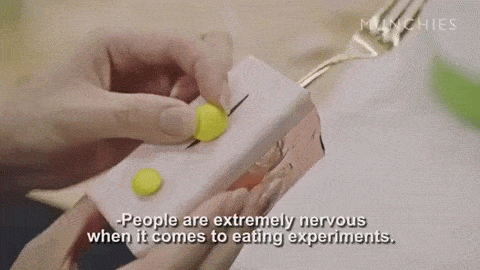
WATERPROOF CREW SOCKS

Don?t let cold wet feet ruin your outdoor fun! Staying dry is important whether you?re riding to work, running, hiking, or doing any outdoor activity in the rain, these socks by Shower Press are fully waterproof thanks to 3-layers: a wear resistant knit exterior (feels like a regular sock), a waterproof breathable Artex membrane, and a Merino-wool moisture wicking anti-bacteria lining. The end result is a sock that feels like a wool sock but protects like a rain bootie.
Learn more from Shower Press, or purchase now from Amazon
Make a horse penis joke on Facebook, get 5 years in Kyrgyzstan prison
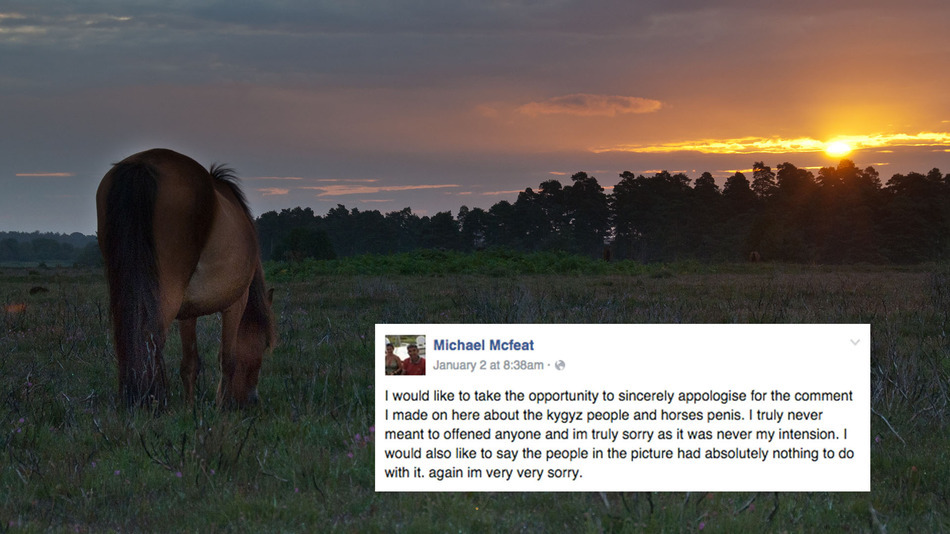
Do not compare sausages to horse penises in Kyrgyzstan, or you could end up spending five years in prison. One man who learned this the hard way is Michael Mcfeat, a Brit who works at a gold mine in Kyrgyzstan. Mcfeat recently posted to Facebook that a traditional Kyrgyzstanian horse sausage known as chuchuk, which was being served to his co-workers at a holiday party, was actually a "special delicacy, the horse's penis." His co-workers complained to authorities and he was arrested.
Mcfeat, who is currently being held by police, could face racial hatred charges punishable by a jail term of up to five years, it said. A British embassy representative confirmed that officials were in touch with both Centerra and the local authorities over the matter.
Following the uproar, the Briton deleted his remarks and posted an apology on Facebook, saying he had not meant to offend anyone.
The Wall Dancer
Ashima Shiraishi is the most talented rock climber in the world. She’s also 14.
Abso-jesus-lutely not: Why can you infix "fucking" and "bloody" but not other swears?
I wrote a post for Strong Language, the sweary blog about swearing, on why not all swear words sound good as expletive infixes.
The classic case of expletive infixation involves “fucking” or “bloody” as in abso-fucking-lutely, abso-bloody-lutely. And one syllable swears can’t infix: there’s no abso-fuck-lutely or abso-shit-lutely. But “Jesus” is two syllables, people swear with it, and it even has the same stress as the other two. Why doesn’t it sound right as an infix?
When we run through the list of two or more syllable swears, we get a suggestive contrast.
(Plus bonus minor digression about whether you can infix emoji, such as abso-eggplant-lutely.)
Definitely also check out the comment thread and these threads on twitter, which are already bringing up some great points for a follow-up post.
Why You Shouldn't Drink Water After Eating Spicy Foods
Everything You Need to Know About the Art of Sushi, In One Graphic
Celebrating three decades of amazing innovation from the MIT Media Lab
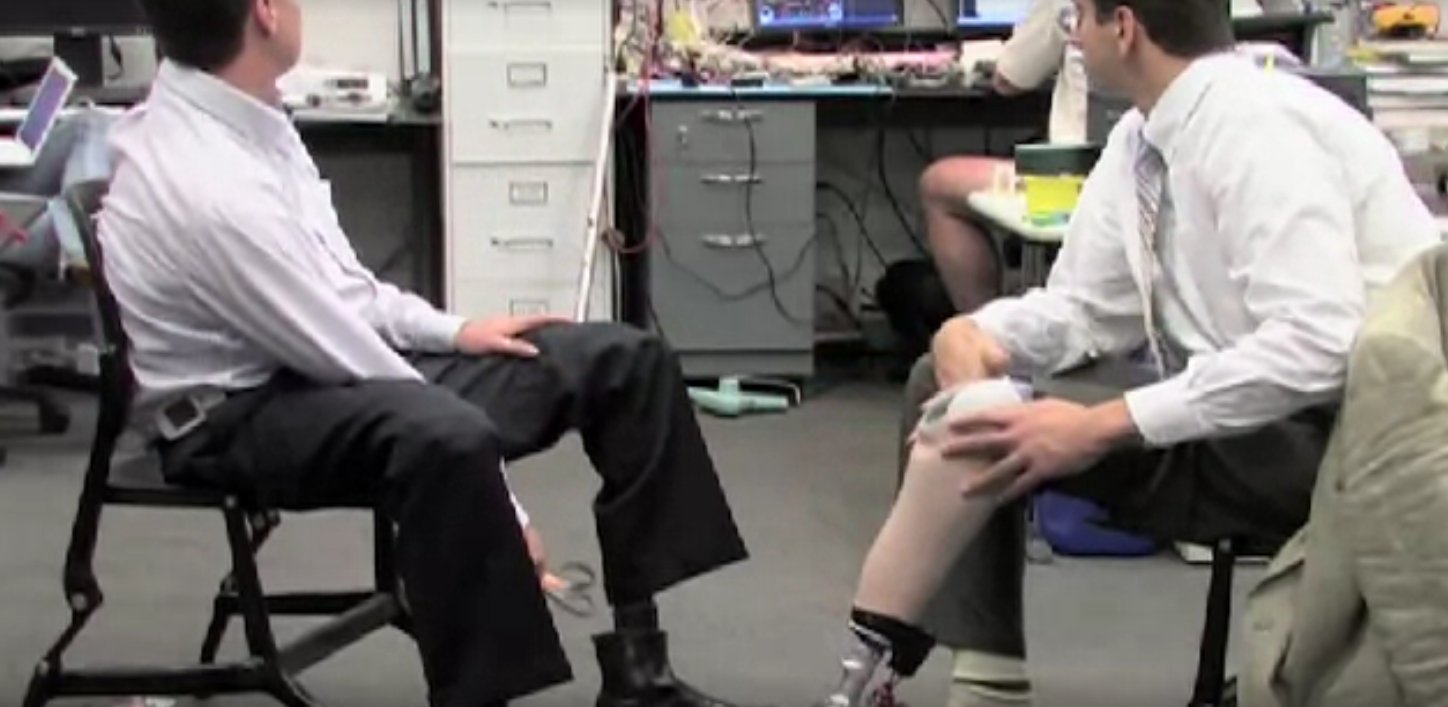
This Wired video interview with former director Nicholas Negroponte and current director Joi Ito is a mind-blowing tour through the Media Lab's storied history: from e-ink to touchscreens to multitouch to in-car GPS to wearables. The current Media Lab administration is pretty amazing, and the research just keeps getting more mind-blowing.
15 people were just killed in Japan. This is rare — and gun control is a big reason why.

On Monday evening, a man armed with a knife attacked a facility for the disabled in Sagamihara, Japan. His motives are still unknown. The Guardian reports that at least 15 people have been killed and 45 have been wounded. If those reports are right, it will be the largest mass killing in modern Japanese history — claiming even more lives than the Aum Shinrikyo cult's sarin gas attack on the Tokyo Subway in 1995.
These sorts of mass killings — and, in fact, any kind of killing — are extremely rare in Japan, making the events of this evening especially shocking.
Why is Japan's murder rate so low? There are many reasons, of course, and not all of them are fully understood. But one of the biggest ones, undeniably, are Japanese gun laws. Though today's horror was perpetrated with a knife, this kind of event would be more common — and more deadly — in a world where more Japanese people were armed with more efficient killing machines.
How gun control protects Japan
A man with a gun in Japan — during a sanctioned anti-terrorism drill. (Toshifumi Kitamura/AFP/Getty Images)
In most places in the United States, buying a gun is really easy: You can walk into a gun store, pass a background check, and then get your gun. In some states, you don't even need to do that much: You can buy a gun without any check at all from a private seller, or even over the internet.
Here is how you buy a gun in Japan, as Max Fisher explained in a 2012 Atlantic piece on Japan's astonishingly low rate of gun violence:
To get a gun in Japan, first, you have to attend an all-day class and pass a written test, which are held only once per month. You also must take and pass a shooting range class. Then, head over to a hospital for a mental test and drug test (Japan is unusual in that potential gun owners must affirmatively prove their mental fitness), which you'll file with the police. Finally, pass a rigorous background check for any criminal record or association with criminal or extremist groups, and you will be the proud new owner of your shotgun or air rifle. Just don't forget to provide police with documentation on the specific location of the gun in your home, as well as the ammo, both of which must be locked and stored separately. And remember to have the police inspect the gun once per year and to re-take the class and exam every three years.
This leads to a much lower rate of firearm ownership: While there are 88.8 privately owned guns per 100 people in the US, there are only 0.6 in Japan. Unsurprisingly, Japan's firearm homicide rate is way, way lower than that of the United States, according to data from the University of Sydney:
"In 2008, the U.S. had over 12,000 firearm-related homicides. All of Japan experienced only 11, fewer than were killed at the Aurora [Colorado movie theater] shooting alone," Fisher wrote. "And that was a big year: 2006 saw an astounding two, and when that number jumped to 22 in 2007, it became a national scandal." This low rate of violence has continued: In 2013, only 12 people in Japan were shot to death; in 2012, that number was a mere three.
Now, Japan and the United States are very different countries, so just porting Japanese laws over to the US might very well not work. For one thing, Japan has, in general, one of the lowest murder rates in the world, while the US's is quite high by developed country standards.
There are a number of reasons for that, including effective Japanese policing (roughly 98 percent of homicide cases are solved) and low poverty rates. But according to a United Nations report, "some researchers" believe that "extremely low levels of gun ownership" play a significant role in Japan's low overall homicide rate (not just the low firearm homicide rate).
This is broadly consistent with the research on gun ownership and homicide. Harvard researchers Daniel Hemenway and Matthew Miller examined 26 developed countries and checked whether gun ownership correlated with murder rates.
They found that "a highly significant positive correlation between total homicide rates and both proxies for gun availability." They also didn't find much evidence that a higher rate of gun murders led to lower rates of other kinds of murder (i.e., stabbings).
Interestingly, these results tended to hold true even when you exclude the United States and its super-high homicide and gun-ownership rates."More guns are associated with more homicides across industrialized countries," Hemenway and Miller conclude.
Another study, by Berkeley's Franklin Zimring and Gordon Hawkins, found that the US has crime rates comparable to those in similarly developed countries, but much higher rates of lethal violence — owing in significant part to our high rates of gun ownership.
Japan's experience also suggests that a favored gun rights slogan — "if you ban guns, only the criminals will have guns" — is too pat. It's true that in Japan, a large percentage of firearm homicides are related to the Yakuza crime syndicates. Yet the Yakuza still kill far, far fewer people with guns than American gangs.
According to some reports, that's because the criminals themselves are scared of carrying guns for fear of strict legal sanction.
"Under current laws, if a low-level yakuza is caught with a gun and bullets that match, he’ll be charged with aggravated possession of firearms and will then face an average seven-year prison term," longtime Japan correspondent Jake Adelstein writes in the Japan Times. "Simply firing a gun carries a penalty of three years to life. And ... a yakuza boss may decide a death sentence is more appropriate if his thug miraculously gets released on bail before going to jail [because accomplice laws could get the boss indicted along with his subordinate]."
Adelstein even spoke to an actual Yakuza boss, who told him the same thing. "Having a gun now is like having a time bomb," the Japanese gangster said. "Do you think any sane person wants to keep one around the house?"
Again — this does not mean Japan has figured out a solution that'll work just as well in the United States, or that Japan's gun laws are the sole reason its homicide rates are so low. Nor does it mean that Japan is immune is to mass killing completely, as Monday's horrible events prove.
But gun control is, without much doubt, a reason these killings are so rare there. That bears repeating.
Tube-map labelled with one-bedroom flat rental rates

Since the crisis, the number of people renting in the UK has sharply increased, but the number of landlords has decreased, as a smaller and smaller number of richer and richer people control the destiny of more and more Britons. (more…)
With Medieval Instruments, Band Performs Classic Songs by The Beatles, Red Hot Chili Peppers, Metallica & Deep Purple
We’ve seen Europeans cover famous rock and metal bands in an American folk style—Finnish musicians playing AC/DC, Iron Maiden, and Dio in Appalachian folk, to be exact. Now, prepare to hear famous rock and metal bands in a distinctively European folk style: Medieval Belarusian folk, played by the beautifully named Stary Olsa. The band’s name derives from a stream in East Belarus—their clothing, instrumentation, and rhythms from an early Lithuanian state called the Grand Duchy—but the songs are all 20th century radio fodder. Above, see them do Deep Purple’s “Child in Time,” and below, they tackle the Red Hot Chili Peppers’ “Californication.”
Stary Olsa’s cover of Metallica’s “One” (further down), already an incredibly dramatic song, works particularly well in their syncopated Spartan style. The sounds and costuming of the accomplished Belarusian musicians will inevitably remind you—if you haven’t been under a rock in Belarus—of that Medieval-style fantasy show in which your favorite characters meet horribly violent ends week after week. When we look at the bloody history of Medieval Europe, the gruesomeness of Westeros can seem like only a slight exaggeration—dragons and ice zombies aside—of the so-called “dark ages.” These associations, and the solemnity of the song selection and starkness of the voices and instruments, lend Stary Olsa’s performances a gravitas that, frankly, elevates some of the material far above its pop origins (I’m looking at you, Red Hot Chili Peppers).
In order for such meldings of styles, periods, and cultures to work, whether they be played for laughs or deeply serious, the musicianship must be top notch. Such was the case with Finnish bluegrass metal cover band Steve ‘N’ Seagulls, and such is certainly the case with Stary Olsa, who have appeared on Belarusian TV (from which some of these videos come) and are currently finding a level of popularity outside their native country that few Belarusian bands have achieved. It’s unlikely we’ll see them soon on the rock festival circuit, but their status as an internet sensation is all but guaranteed. Just below, see the band translate a medley of The Beatles’ “Obla-La-Di, Ob-La-Da” and “Yellow Submarine” into their musical idiom, proving that they don’t just do dark, haunting, and mysterious; they’re also positively danceable.
Related Content:
Finnish Musicians Play Bluegrass Versions of AC/DC, Iron Maiden & Ronnie James Dio
Pakistani Musicians Play Amazing Version of Dave Brubeck’s Jazz Classic, “Take Five”
Watch Jimi Hendrix’s ‘Voodoo Chile’ Performed on a Gayageum, a Traditional Korean Instrument
Josh Jones is a writer and musician based in Durham, NC. Follow him at @jdmagness
The perfect Emacs setup
Ah, finally got my Emacs setup just how I like it. pic.twitter.com/f0B10cZybh
— Gods Peed (@ieure) June 25, 2015
A Critical Look at the Claim That Humans Share 99% of Our DNA With Chimps
In a recent episode of MinuteEarth, host Emily Elert takes a critical look at the often-cited claim that humans share 99% of our DNA with chimps. It turns out the claim isn’t based on a simple one-to-one comparison, and a lot of factors go into weighing one species’ DNA against another’s.








